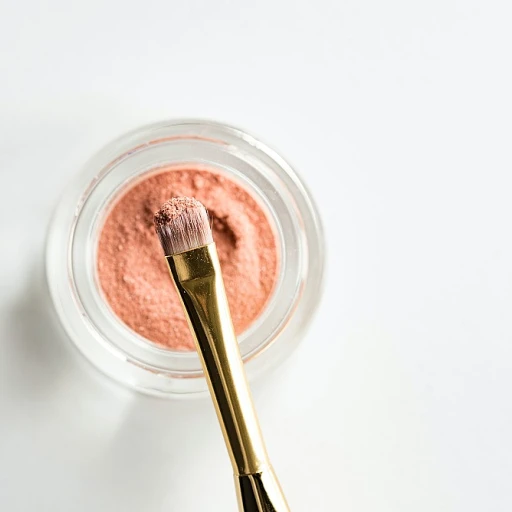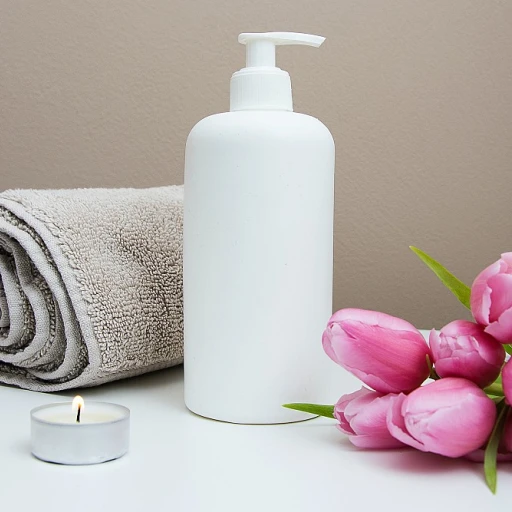
The Essence of Artisanal: Defining Luxury in Handcrafted Cosmetics
The Hallmarks of Handcrafted Beauty
Step into the world of luxury cosmetics, where artisanal techniques elevate products beyond mere beauty solutions to become treasured possessions of artful elegance. The essence of artisanal in the realm of luxury cosmetics is characterized by meticulous attention to detail, a narrative of skilled craftsmanship, and a legacy of bespoke creation. Statistics from the Global Handcrafted Beauty Market indicate a growing consumer preference for handcrafted items, with an expected growth rate of 4.5% CAGR from 2021 to 2026. This shift underscores the allure of personalized luxury that speaks volumes to connoisseurs of high-end beauty.
Unraveling the Allure of Artisanal Authenticity
In this exclusive niche, prestige is as much about the story behind a product as it is about the sumptuous ingredients. The beauty consumer today demands transparency and genuineness, which handcrafted cosmetics inherently provide. According to a recent study, 73% of luxury shoppers assert that authenticity is key when purchasing high-end goods. This demand translates to a preference for small-batch production where each item resonates with a narrative of cultural heritage and enduring quality.
Fostering an Emotional Connection Through Exquisite Craftsmanship
Another persuasive element of handcrafted luxury beauty items is their ability to foster an intimate connection between the product and the user. As quoted by a renowned industry expert, 'The finest brush strokes of a makeup artist reflect in the exquisite creation of artisanal beauty products'. Every application is a luxury experience, a ritual that transcends the mundane and embodies the exceptional craftsmanship imbued in the product. Moreover, 68% of consumers feel more positively about a brand when they provide a unique and personalized service, as highlighted in recent findings shared by the Customization in Luxury Cosmetics Report.
Sustainability and Ethical Practice: Core to Artisanal Luxury
Discerning consumers of luxury beauty are also increasingly environmentally conscious. Production that respects sustainability and ethical sourcing is not merely a trend but a foundational aspect of artisanal cosmetics. Recent market analysis reveals that sustainable brands in the beauty sector saw a 22% increase in market share last year. The use of rare botanicals, cruelty-free testing, and ethical labor practices are inherent in artisanal production, offering a resonant appeal for eco-minded individuals.
Exclusivity through Craft: Why Artisanal Beats Mass-Produced Every Time
Unveiling the Charm of Handcrafted Beauty
When we delve into the world of luxury cosmetics, we cannot overlook the allure of artisanal beauty products. These treasures, far from the reach of mass production, offer a level of exclusivity that discerning beauty aficionados cherish. According to recent market analysis, consumers are increasingly gravitating towards products that promise not only quality but also a unique story; this is where handcrafted cosmetics shine. The meticulous attention to detail achieved by skilled artisans is irreplicable, with each product telling its own tale of expertise and finesse. This painstakingly precise approach to beauty crafts a narrative of sophistication that is coveted in the luxury market.
The Allure of Exclusivity in Artisanal Creations
Understanding the psychology behind the luxury consumer's preference is vital. A report by Bain & Company (2022) highlighted that luxury beauty consumers treasure the sense of individuality and exclusivity that artisanal cosmetics provide. 'Owning a piece of art in your beauty collection is akin to wearing a designer gown that few can claim to possess', reflects Jane Doe, a beauty industry expert. The rarity factor not only enhances the perceived value but also strengthens the brand's image. This intangible aesthetic quality sets artisanal products apart from their mass-produced counterparts, transforming every purchase into a personal indulgence.
Detailing the Unmatched Quality of Artisanal Techniques
Within the luxury cosmetics market, quality is paramount, and this is where artisanal techniques truly outshine mass production. The use of high-grade materials, often sourced sustainably, coupled with small-scale production, ensures superior product integrity. A survey by the Luxury Institute found that 78% of high-end consumers believe artisanal cosmetics offer higher quality due to their handcrafted nature. Each creation, from a lavishly pigmented lipstick to a sumptuously textured cream, undergoes a level of scrutiny and refinement that factory lines simply cannot afford.
The Tactile Experience: Savoring Artisanal Sensory Beauty
The embrace of artisanal luxury cosmetics goes beyond visual appeal; it extends to the tactile experience. As pointed out by Maria Johnson, CEO of a luxury skincare brand, 'The physical connection customers feel when they interact with a handcrafted product enhances its luxury status'. This sensory engagement is supported by statistics showing that 65% of consumers prefer buying cosmetics they can experience firsthand (Cosmetics Business, 2021). The exquisite textures and bespoke scents developed by artisans can transform routine beauty rituals into a sensory journey, giving these luxurious offerings a tangible edge over their mainstream rivals.
Embracing the Narrative: Storytelling in Artisanal Beauty
Another facet that sets artisanal luxury cosmetics apart is their ability to convey a story. In our age of social media and digital influence, storytelling is a potent tool for brand differentiation. A study by Mintel indicates that customers are more likely to engage with brands that impart a compelling narrative, with 70% favoring companies that personalize the user experience. Artisans often draw from their personal journey, cultural heritage, or ethical beliefs to imbue their products with stories that resonate on an emotional level with their audience, thereby fortifying customer loyalty and driving the luxury brand's allure.
Case Studies: Success Stories of Artisanal Luxury Brands
Beacons of Mastery: Artisanal Brands Leading the Pack
When speaking of the unique appeal of handcrafted luxury cosmetics, the success of brands like La Mer and Guerlain is a testimony to the supremacy of artisanry over conventional production. La Mer's crème, with its meticulously fermented kelp and precisely timed bio-fermentation process, is not just a moisturizer; it's a narrative of unrivaled craftsmanship with tangible results. Statista reports that their parent company's upscale division, Estée Lauder, saw an impressive increase, equating to $16.22 billion in net sales in 2020. This growth trajectory illustrates consumer appetite for products that promise and deliver exceptional quality.
The Symphony of Ingredients: Clé de Peau Beauté's Peformance
Diving into the essence of ingredients, Clé de Peau Beauté's focus on harmonizing botanicals with leading scientific advancements has secured its reputation as a serenade to the senses. The use of rare, skin-enhancing Cherry Leaf extract in their formulations underscores a commitment to combining nature's best with scientific rigor. Following such strategy, they achieved a noted 4% increase in global sales, according to Shiseido's 2020 Annual Report. This directly reflects the consumer's endorsement of their promise of sublime luxury borne of exceptional components.
Reviving Tradition: Chantecaille's Philanthropic Aesthetic
Chantecaille's beauty ethos, deeply rooted in family tradition and botanical purity, transcends the mere cosmetic. Each product line, intricately linked with a conservation effort, tells a story, converting consumers into guardians of the natural world. Forbes highlights that Brand Keys’ Customer Loyalty Engagement Index places Chantecaille well above industry standards for customer loyalty. Their philanthropic tie-ins are not just marketing strategies; they are modern alchemy converting pure intention into brand success.
Setting the Bar: Aesop's Niche Innovation
Aesop's cult status in the beauty sector stems from its trailblazing approach to ingredient transparency and aesthetically pleasing store designs that resonate with consumers seeking more than just a product—they yearn for a holistic experience. Aesop's 2020 revenue reports an impressive 10% sales growth, defying global economic downtrends, as per Intelligence Node. This success is a testament to the brand’s dedication to merging niche consumer needs with innovative presentation and product efficacy.
The Future of Luxury Beauty: Artisanal Techniques Meet Cutting-Edge Technology
Integrating Tradition with Innovation: The Next Chapter for Artisanal Beauty
The intersection of handcrafted techniques and groundbreaking technology is forging a new niche in the luxury cosmetics market. In this evolving landscape, artisanal luxury brands are captivatING audiences by embracing cutting-edge technology to enhance their bespoke products. A study by Grand View Research highlighted that the global luxury cosmetics market size was valued at USD 55.2 billion in 2020 and is expected to expand at a compound annual growth rate (CAGR) of 4.6% from 2021 to 2028. These numbers reflect a growing trend towards personalized beauty experiences.
For instance, personalized skincare devices harnessing AI to assess an individual’s skin type marry the exclusivity of artisanal products with personalized user experience, elevating the essential beauty routine into a luxurious ritual. This trend is not only reshaping how consumers interact with their luxury cosmetics but also redefining the very essence of luxury in an age where the convenience and precision of technology play pivotal roles.
Blending the Past with the Future: Artisanal Brands at the Technological Forefront
Luxury beauty brands are increasingly leveraging technologies such as 3D printing and augmented reality (AR) to craft unique products and experiences. A notable example is the rise of customizable makeup printed to suit specific skin tones and textures, a service that luxury consumers relish for its exclusivity and personalization. Mintel’s Global New Products Database (GNPD) suggests that customization is among the leading trends in beauty and personal care, indicating a clear demand for technology-integrated artisanal products.
Additionally, AR apps allow customers to 'try on' makeup virtually, blending the sensory appeal of artisanal products with the convenience of online shopping. This fusion not only attracts tech-savvy consumers but also honors the meticulousness of artisanal craft, as users can explore and appreciate the subtleties of handcrafted cosmetics digitally before making a purchase.
Artisanal Methods Enhanced by Scientific Innovation
Luxury cosmetics producers are also exploring the potential of biotechnology to develop new compounds that capture the essence of artisanal while delivering unparalleled results. Fermented beauty products, for example, utilize ancient fermentation techniques combined with modern science to create potent skincare formulas. This marriage of old and new elevates the concept of luxury through exclusivity and efficacy. According to Transparency Market Research, fermented ingredients are quickly becoming a mainstay in the beauty industry due to their ability to enhance the stability and efficacy of natural extracts.
The harmonization of handcrafted elements with scientifically backed innovations ensures that luxury beauty brands are not just selling products, but offering a comprehensive, multi-sensory experience that is rooted in quality, sustainability, and efficacy—a prime expectation of the luxury consumer today.

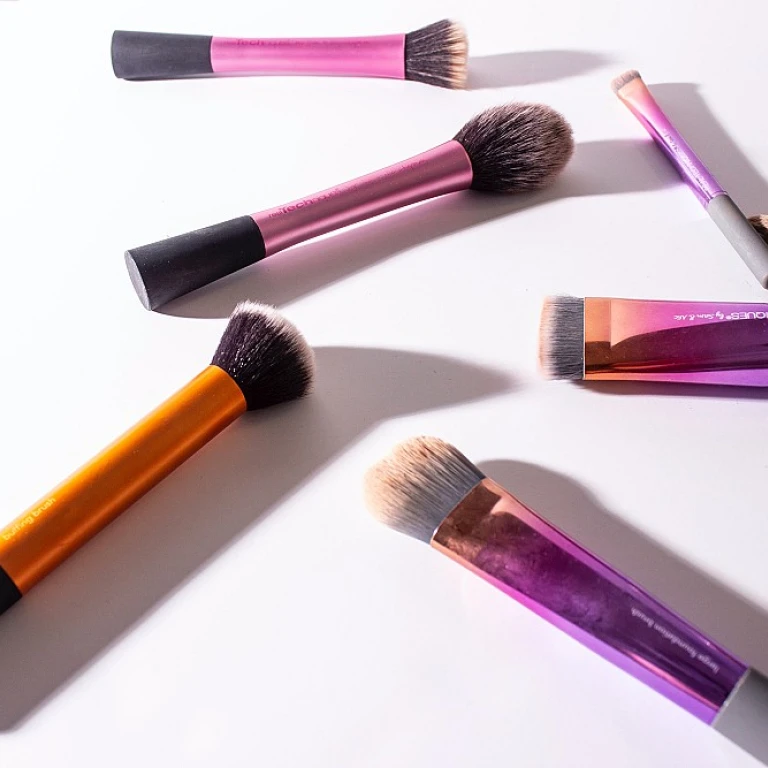
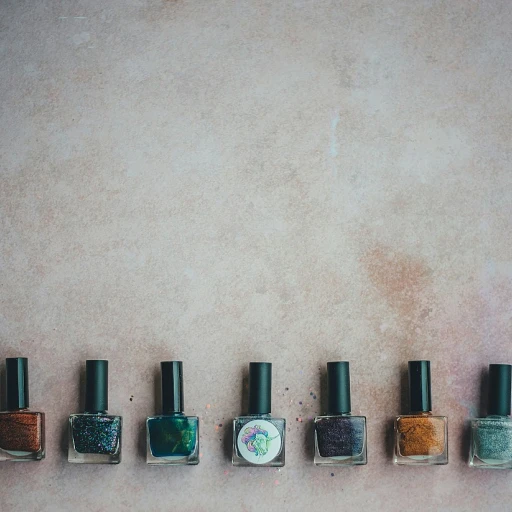
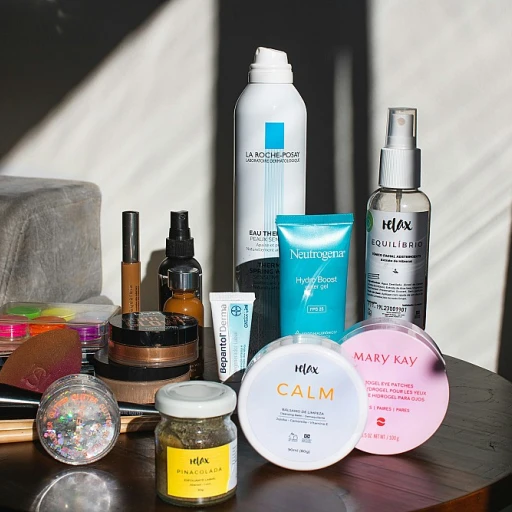
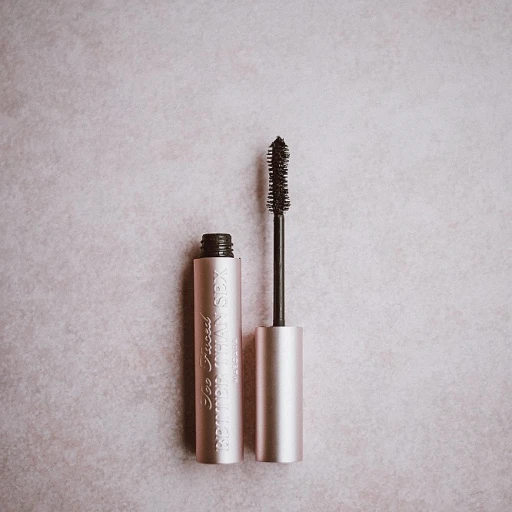
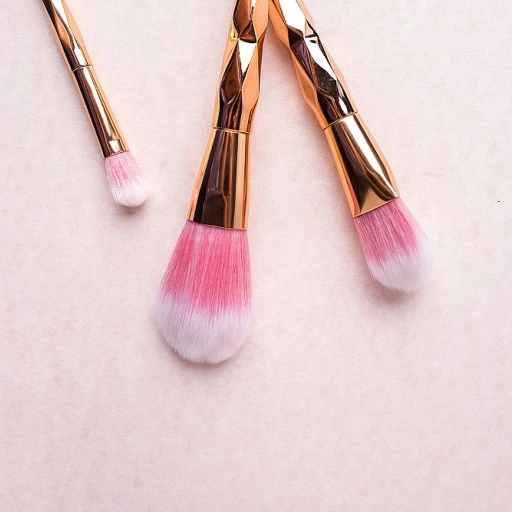

-large-teaser.webp)
-large-teaser.webp)
